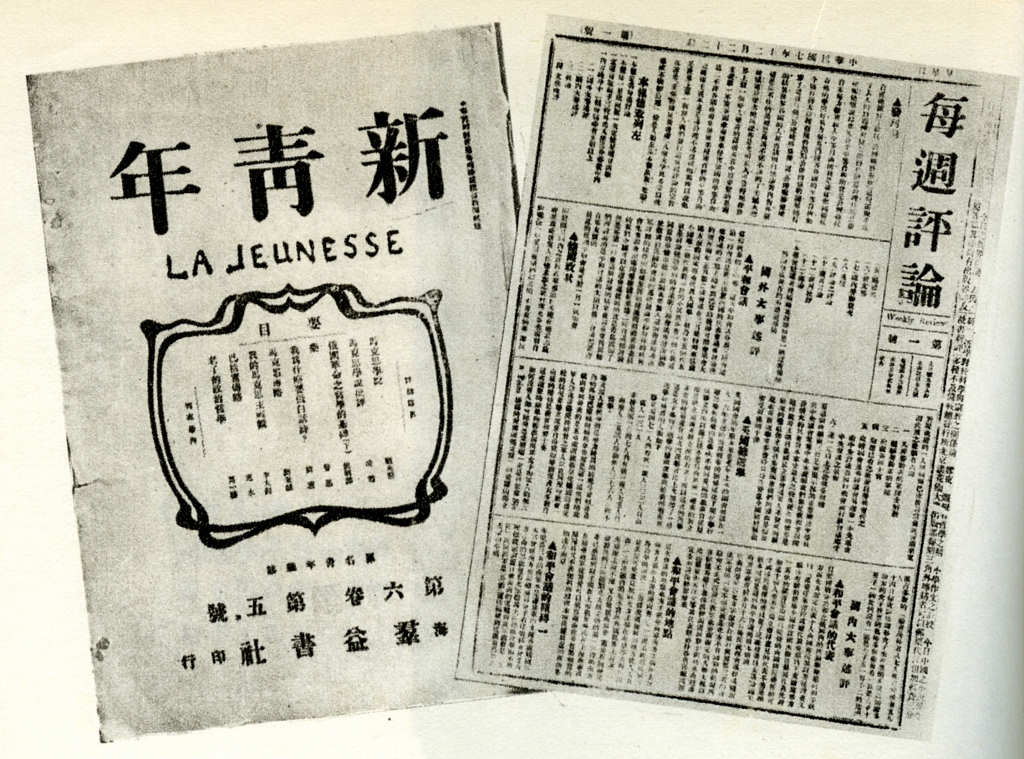
"Be good at math and sciences and you will walk the world without fear" is a common wisdom taught to students in China. For decades, an education in sciences, technology, engineering and mathematics (STEM) has been synonymous with academic success and employability.
By contrast, those who have chosen a university major in arts and humanities are no strangers to skepticism over their educational choice, from taunts of not being "smart enough" for STEM to genuine concerns about their job prospects from friends and family.
But a recent paper by four PhDs in economics at China's central bank may just become an official endorsement for the long-held view that arts and humanities graduates contribute less than their STEM peers, or worse – having "too many" of them is detrimental to the country's economy.
In the candidly penned paper about China's demographic changes published in April, the researchers have recommended China attach great importance to STEM education. But the reasoning that followed raised many eyebrows: "Having too many arts and humanities graduates is one of the reasons why countries in Southeast Asia fell into the middle-income trap."
In China, arts and humanities is a broad category that also includes social sciences and business majors such as law, politics and finance.
However, China has in fact produced far more STEM graduates than those in arts, humanities and social sciences, as the country consistently invests in STEM research at its top universities known as 985 and 211 projects, in a push to develop its economy through science and education.

A wall honoring China's top scientists is seen at the China Science and Technology Museum in Beijing, September 20, 2020. /CFP
How a Confucian society became preoccupied with science
Long before scientists and engineers began to get exalted to the status of national heroes for making China a modern country, Confucian scholars had ruled the nation for more than 1,000 years.
In ancient China, there was a tradition of selecting people who were born in privileged families, had good merits and were good at mastering Confucian culture to help the emperors govern the state.
Keju
is a well-known ancient Chinese examination system where attendees who outperformed their competitors in reciting and understanding of ancient literature got selected.
The ancient way of selecting officials emphasized proficiency in classic literature over knowledge of science and engineering, though at least four world famous inventions – paper-making, printing, gunpowder and compass – came from China.
The decline of imperial China was set in motion when European countries began to industrialize, powered by scientific breakthroughs.
The epiphany came after the fall of the Qing Dynasty (1644-1911), as students participating in the May 4th Movement in 1919 shouted "Democracy" and "Science" in a rallying cry to save the country from being fully colonized by Western powers. Chinese intellectuals called on youths to learn not only Chinese classics but also science and engineering, so that their country would not fall behind the industrialized West.

Newspapers and periodicals from the May 4th Movement /CFP
From then on, the importance of science and engineering stood out when China had to develop industries and technologies to catch up with advanced countries and meet its citizens' demands for a better life.
This brought generations of Chinese students to pursue STEM instead of humanities and social sciences in high schools and universities. When the college entrance exams were reinstalled in the 1970s, former leader Deng Xiaoping famously remarked that "science and technology are a primary productive force," kick-starting China's economic transformation.
The preference has continued to this day. Data from recent years showed that enrollments in arts and humanities courses are about a quarter to one-third of those in STEM at Chinese universities.
Are arts and humanities degrees less valuable?
Around the world, technological innovation is strongly associated with economic development and workers in STEM fields play a direct role in driving growth, according to a 2013 study by Washington-based Brookings Institution.
Since the 1980s, developed countries like the United States introduced the "skill-biased technical change," favoring skilled over unskilled labor. This made university education a high-return investment and a substantial income boost for STEM professionals.
A similar trend was observed in China during the 1990s when the country embarked on the road to market reforms.
However, there is little statistical evidence indicating that arts and humanities graduates are less valuable to China's economy, according to some academics.
"From an economic point of view, what's more important is the area of the economy that students participate in upon graduation rather than whether they study humanities or STEM," explained Yang Po, an expert in education economics from Graduate School of Education at Peking University.
As the service industry and informal sectors make up a bigger part of China's economy, graduates in arts and humanities are less likely to find themselves disadvantaged, Yang noted.
The Chinese economy is transitioning away from being led by investment and manufacturing to being driven by consumption, services and innovation, according to a 2021 report by global consultancy Mckinsey.

Live-streamer-turned-entrepreneur Viya at a promotional event in Hefei, east China's Anhui Province, April 25, 2021. /CFP
Besides, a shift toward general education and the expansion of cross-disciplinary studies make it harder to define a student as strictly humanities or STEM, she added.
"It is a misinterpretation of the paper to say arts and humanities students will affect the economy negatively," Yang told CGTN, referring to the central bank's working paper. "What kind of graduates a country has is largely a result of its economic development, not the other way round."
Having more choices in university majors is in itself a sign of progress, because economic development and reduced inequalities lead to more diversity in higher education choices, Yang said.
 简体中文
简体中文

